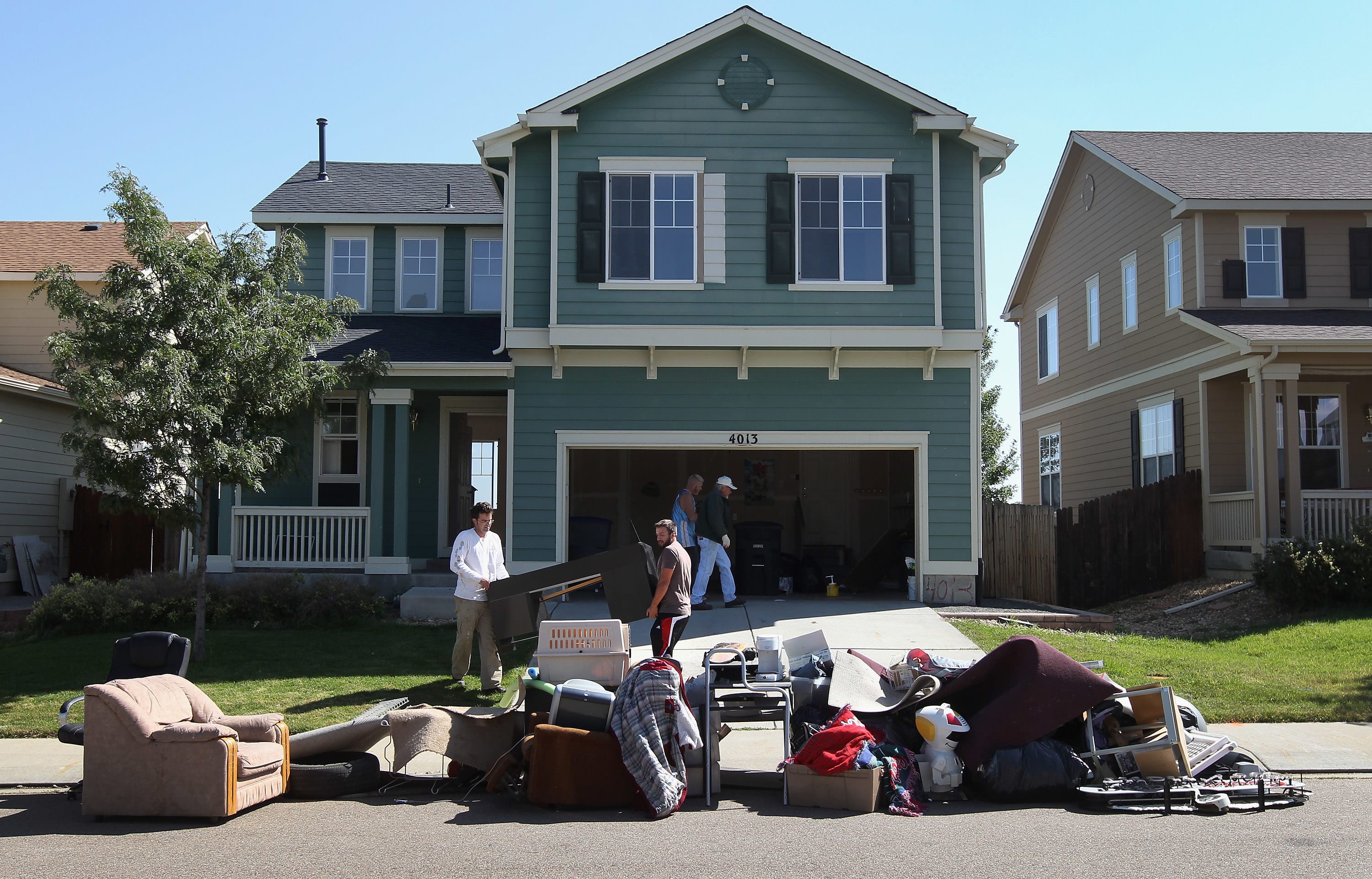A family is evicted from their Longmont, Colorado, home in September 2011.
John Moore | Getty Images News | Getty Images
An unprecedented eviction crisis will soon hit the U.S.
On Friday, the federal moratorium on evictions in properties with federally backed mortgages and for tenants who receive government-assisted housing expired. The Urban Institute estimated that provision covered nearly 30% of the country’s rental units.
White House economic adviser Larry Kudlow said on Sunday that he would extend that moratorium, but these tenants are now unprotected from eviction. At the same time, some 25 million Americans will stop receiving the $600 weekly federal unemployment checks by July 31.
And most of the statewide eviction moratoriums are winding down.
More from Personal Finance:
Another round of $1,200 stimulus checks may be coming
This person never got a $600 unemployment check
Here’s how you can access cash now
The proceedings have resumed in more than 30 states.The moratorium in Hawaii and Illinois end this week, and in August, evictions will pick up in Washington, New York and Nevada.
By one estimate, some 40 million Americans could be evicted during the public health crisis.
“It’s like nothing we’ve ever seen,” said John Pollock, coordinator of the National Coalition for a Civil Right to Counsel.
In 2016, there were 2.3 million evictions, Pollock said. “There could be that many evictions in August,” he said.
Massive unemployment has left more than 40% of renter households at risk of eviction, according to a new analysis by global advisory firm Stout Risius Ross.
Some states will be harder hit than others, Stout found.
For example, nearly 60% of renters in West Virginia are at risk of eviction, compared to 22% in Vermont.
People of color are especially vulnerable. While almost half of White tenants say they’re highly confident they can continue to pay their rent, just 26% of African-American tenants could say the same.
Around half of Hispanic tenants said they have little to no confidence they’ll be able to stay in their homes.
“We know evictions have always had a disproportionate impact on tenants of color due to discrimination and lack of wealth,” Pollock said.
“But when you look at this gap between people who can pay their rent and people who can’t, it’s almost hard to put into words how bad the inequality will become absent some major intervention.”
